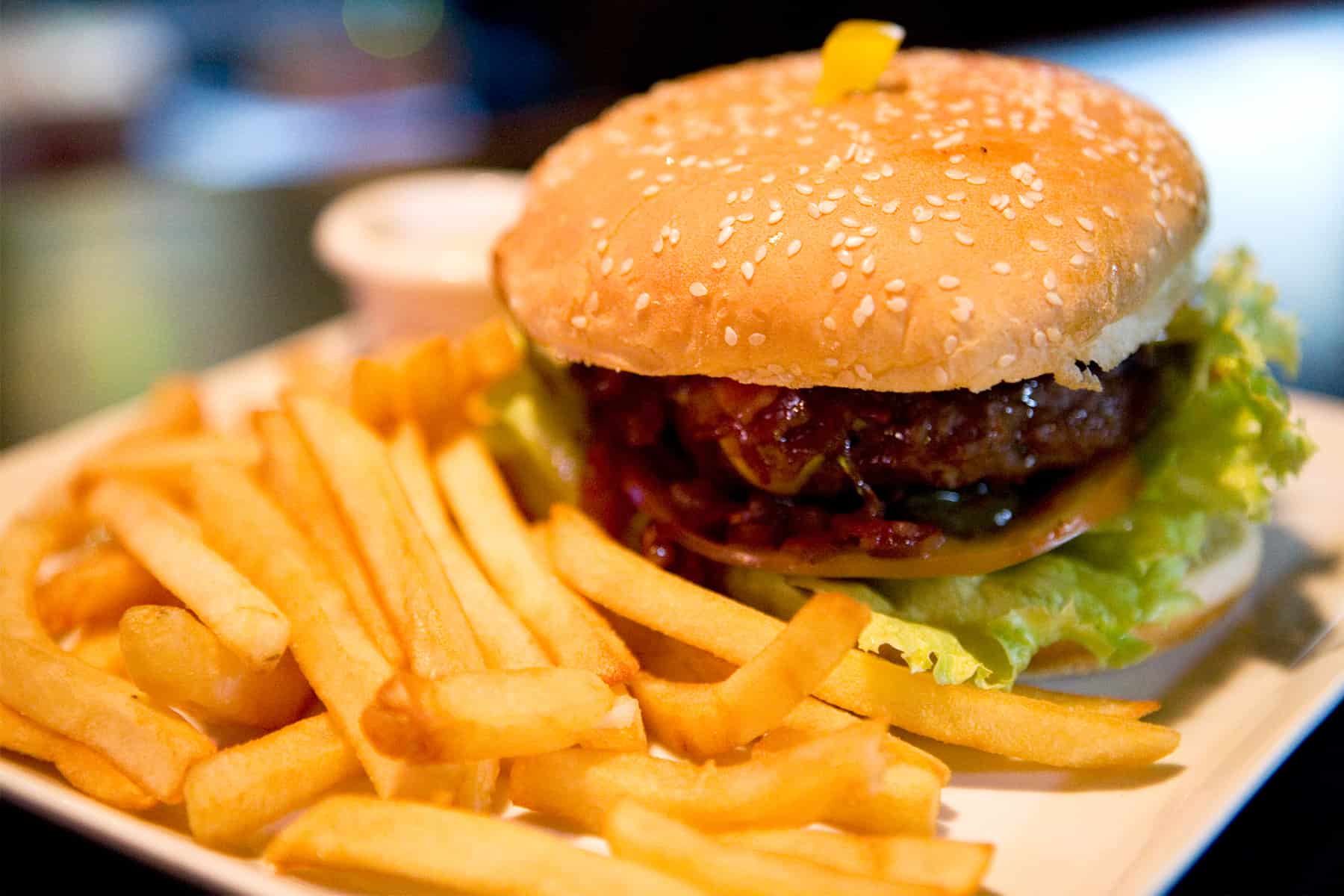A recent survey by on food and health by the International Food Information Council concluded that 52 percent of U.S. citizens find it easier to figure out a tax return than to understand what they should and should not consume to be healthy. Now we’ll add to the confusion. After years of being told to eat “little and often,” scientists are now saying that starving ourselves for a few hours each day could help control weight and delay the onset of degenerative diseases.
The Salk Institute of Biological Studies gave two groups of mice the same high-fat diet, but one group only had access to food during an eight-hour period. After 100 days, the restricted-access group exhibited less weight gain, less liver damage and lower levels of inflammation. Although this was an experiment on animals, theoretically the logic could apply to people.
It could be that our systems and organs each have their own biological clock, so at certain times of the day, our liver is at peak performance in processing toxins and fats and our digestion simply works better. If we match our eating schedule to these biological schedules, we could help fight obesity, high cholesterol and other modern illnesses.
Although human trials are necessary to test and refine this daily-restriction theory, one human study on another form of restrictive eating did show positive benefits.
For people who are happy with a grazing diet style, feel free to continue eating five or six small meals a day. No point messing around with something that works (and it works for many individuals). People are different and what suits one person’s biological circumstance does not necessarily work for others.
But if you have reached a weight loss plateau, or if the eat-little-and-often concept has not worked, then you could test this daily time restriction for yourself; just remember to keep your calorie intake at current levels and restrict eating to daylight hours when you are most active (assuming that you keep a normal schedule).
Ideally, you should eat sensibly during your eight hours; i.e. lean protein, fruits, vegetables, complex carbohydrates and good fats such as oily fish, nuts and olive oil.
However, if your current diet is distant from this ideal, stick to what you eat now and see if simply applying the eating window makes a difference to your weight and mood.
You can experiment with the exact timing of this window as long as it is within daylight hours but be aware that you will need time to adapt. Stick with it for a month to decide whether or not the regime works for you. Unless you have a diagnosed medical condition such as diabetes, this style of restricted consumption should not be detrimental to your health, as long as you are sensible. If you are concerned about possible consequences, consult a doctor or nutritional therapist and ask for dietary supervision.
Julie Godfrey BSc (Hons) is a Nutritional Therapy Practitioner






